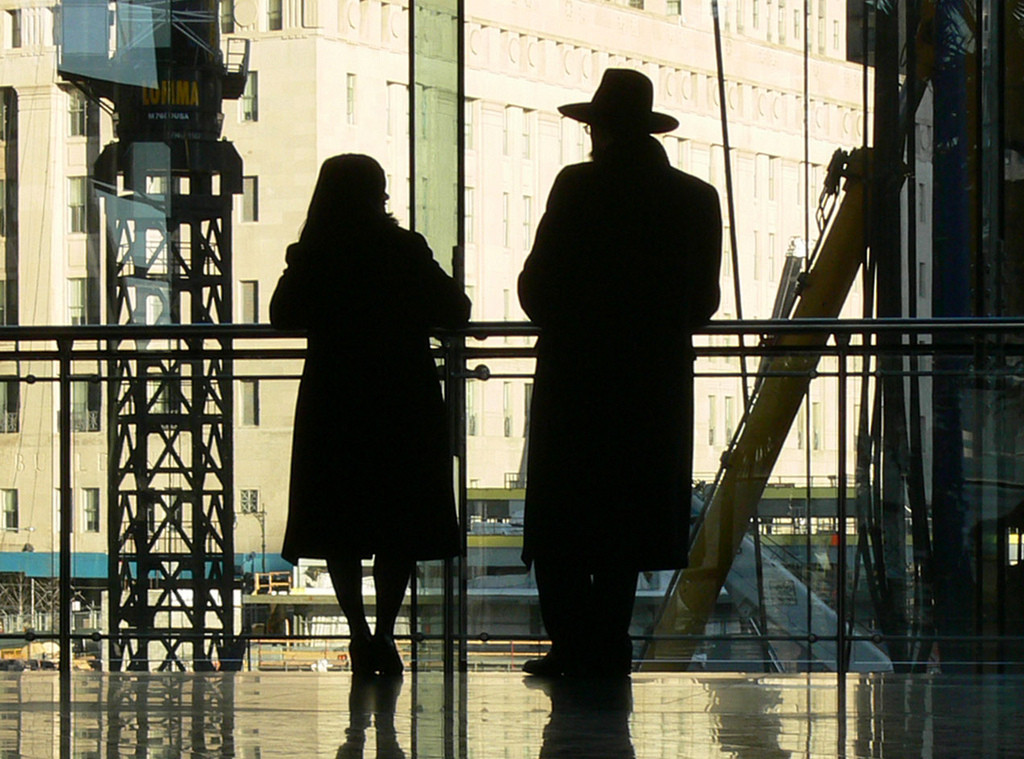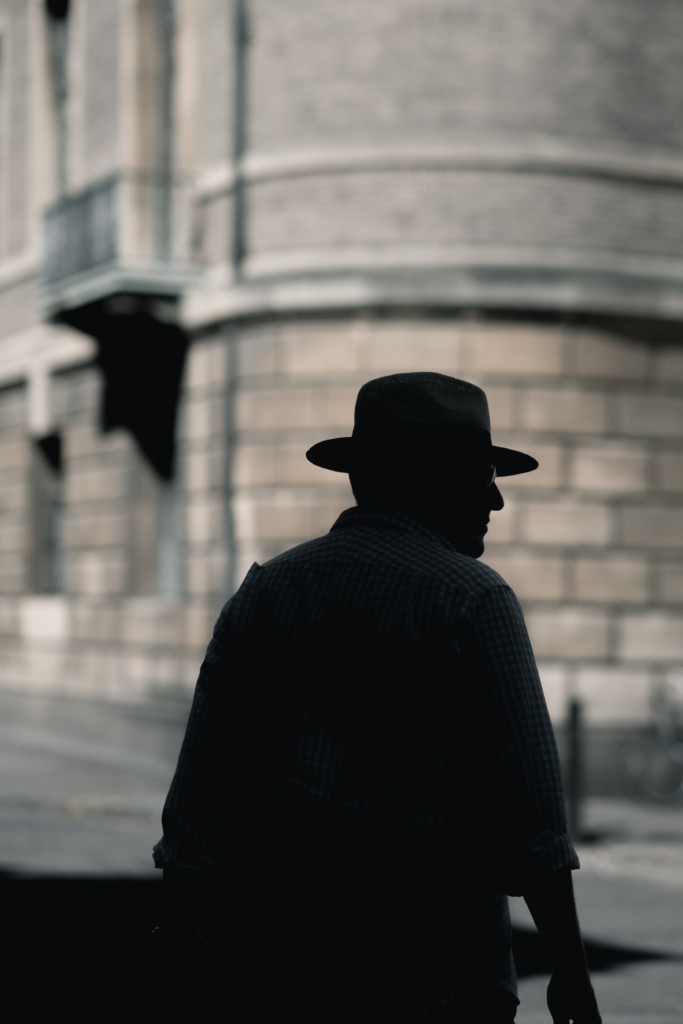You see the trope all the time in the media – a vigilante private investigator always looking to circumvent the authorities in order to solve crimes their own way. While this may sound exciting, it is quite far from the reality of this relationship. Private investigators, often referred to as PI’s, are valuable assets in criminal investigations. It’s very common for them to work with police and other law enforcement agencies when needed. There are even situations where a police force becomes a private investigator’s client. It turns out PI’s are not adversaries of the police.

Evidence Collection
In the United States’ legal system, a substantial amount of evidence is required to build a case. In cases where the police don’t have sufficient evidence, they cannot simply start making arrests or filing charges. Private Investigators work with the police by gathering enough evidence for a case and handing it over to the police. The police then take over, pursue the case and make arrests.
Police can’t open an investigation on someone unless there is probable cause. A private investigator can look into people when the police are restricted to do so. However, if a private investigator gathers evidence by breaking the law, that evidence will be inadmissible in a courtroom and could blow the entire investigation.
Additional Support
Those working in law enforcement have a lot on their hands. In districts large and small, the police can become overwhelmed by criminal cases that need to be taken care of and can often end up understaffed. This is another situation where private investigators come in to help.
The backbone of every criminal investigation is prep work. This includes gathering evidence, interviewing witnesses and taking care of other aspects of due diligence. When a police force is overburdened, a private investigator can take care of this work. Many private investigators already have police training, so they can give aid without slowing down an investigation.
Different Perspectives
Even though police work and private investigations have similarities, there are some differing methods of operating between the two. In certain instances, private investigators can find information that police may miss. For example, a private investigator may have a list of contacts and case files that could be useful in a criminal case. Private investigators can also go undercover to collect evidence that could have been unavailable to the police. There are also situations where a private investigator has specialized knowledge that is useful to law enforcement. For example, if there is an intellectual property theft case, a PI may know more about patents and trademarking than the police. The different perspectives and skill sets that private investigators offer can be extremely beneficial in assisting the police force.
Serving Warrants and Locating People
Unfortunately, there are many instances where people involved in an investigation do not trust law enforcement and refuse to help by giving information. These people may be more open to talking to private individuals, which is where a PI comes in. A PI can potentially extract information that would otherwise be unavailable. As a private citizen, a PI may also be more useful in serving warrants, subpoenas and other documents.

Expert Private Investigators
As opposed to what you may see on television, law enforcement and private investigators are a cohesive unit who combine resources to streamline law enforcement. If law enforcement agencies or private citizens require the services of a private investigator, they should go to the best. South and Associates works within the law to obtain all available information in order to assist in legal or personal discovery. Their wide array of services include everything from individual investigation to extensive training programs. For the very best in private investigations, contact us today.
